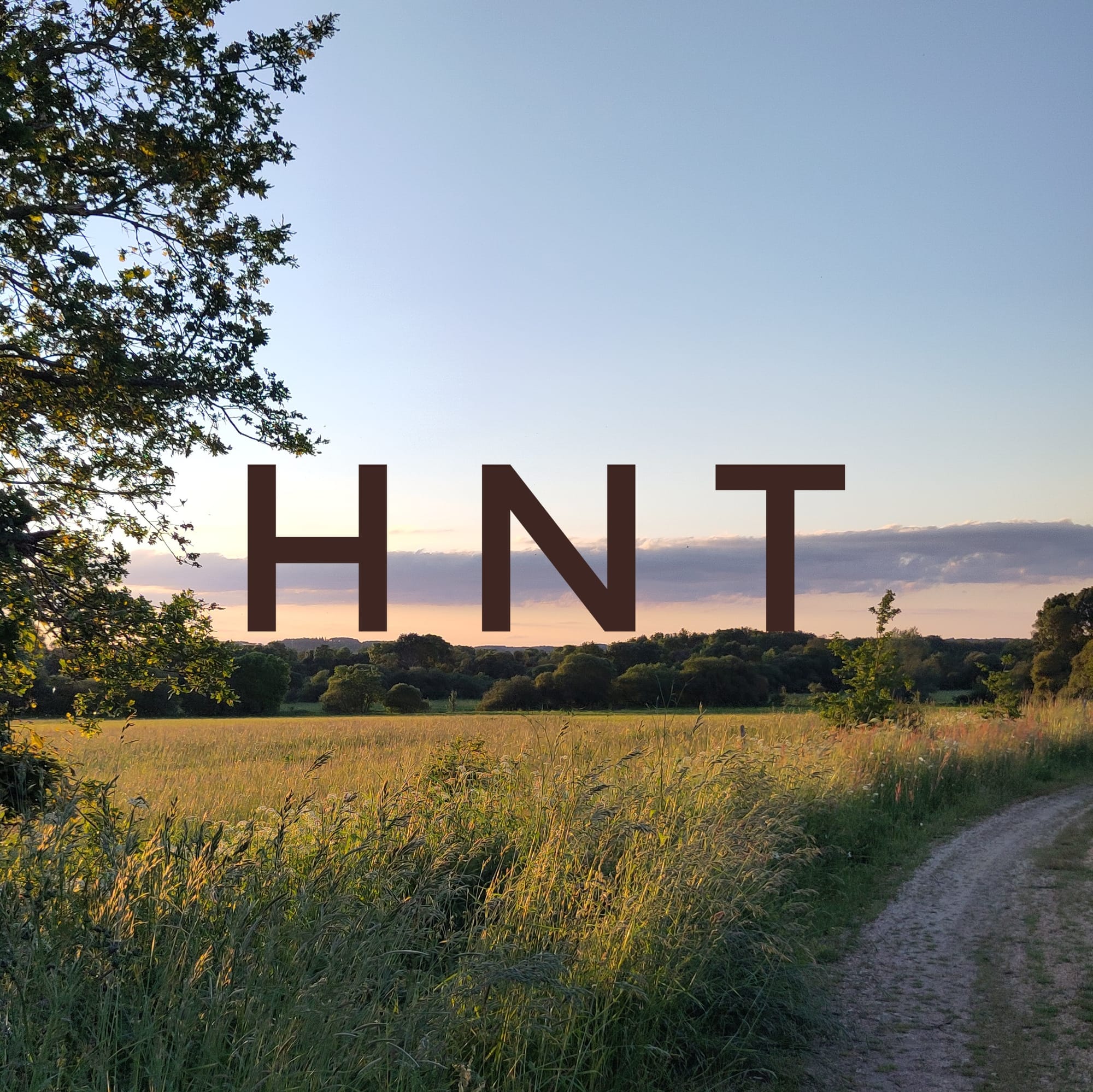What's it all for?
After two years of settling into our new house, we retrace in this post the path we've taken over the last five years, trying to offer an answer to the "what's it all for?" question, in a dystopian world with difficult current events.

I'm fond of saying our house brought me back to myself, but that's just skimming the surface of the deep personal questioning I've experienced over the last five years. Obviously, I'm immensely thankful to Tristan, as without him, none of this would be worthwhile <3
True to ourselves and authentic, Tristan and I created this blog two years ago where we share our optimistic vision of self-reliance and frugality. After two years of settling into our new house, we retrace in this post the path we've taken over the last five years, trying to offer an answer to the "what's it all for?" question, in a dystopian world with difficult current events.
A leap into the past
The Covid lockdown in March 2020 served as the wake-up call for a hidden unhappiness I was deliberately avoiding: I was living in a second-floor apartment that overlooked a busy boulevard; I was in a toxic relationship with someone who drained all my energy & my joy for life; I took refuge in my work, within my team; I needed to leave my home to spend entire days with my colleagues; And suddenly, I had to stay cooped up in an uncomfortable home with someone I needed to leave.
I experienced what's now commonly referred to as a burnout. My doctor opted for the term "anxiety disorder." Anyway, I then battled with the human resources department of my employer to secure a mutual termination agreement and take six months off to recover while on unemployment.
My circle of friends, my unforeseen meeting with Tristan, and my introspection enabled me to find joy in life again and realize what was worth fighting for. I only truly understood what happened then thanks to years of perspective and 3 months of therapy with a professional.
A lovely meeting & a plan...
Having already quit Paris due to the discomfort from its confined living spaces and perpetual crowds, I ended up in Nantes with pretty much the same scenario, only less expensive.
I knew that I required space, less polluted air, a quieter existence, and a lifestyle more consistent with my beliefs (something I briefly experienced during my two years in Fribourg, Switzerland). It was imperative to leave the city for rural living.
I also aimed to find a job that contributed meaningfully to society, and I'd even begun new studies to become a primary school teacher, until I was discouraged due to the worsening work conditions in national education. Let's not take the risk of a second burnout.
I then took a job opportunity at a private company where the management proved to be very toxic. But thankfully after a few months, I got the chance to join my current employer, Rail Europe, an organization that promoted remote work and already had initiatives in place to let employees settle wherever they pleased. Continuing to promote train travel online, as I had done in previous jobs, still seemed to be sufficiently in line with my convictions.
And so, Tristan and I brought to life our mutual aspiration to establish ourselves on a hectare of land, between nowhere and nothing, amidst creatures and flora that, in just two years, would transform into our personal haven.
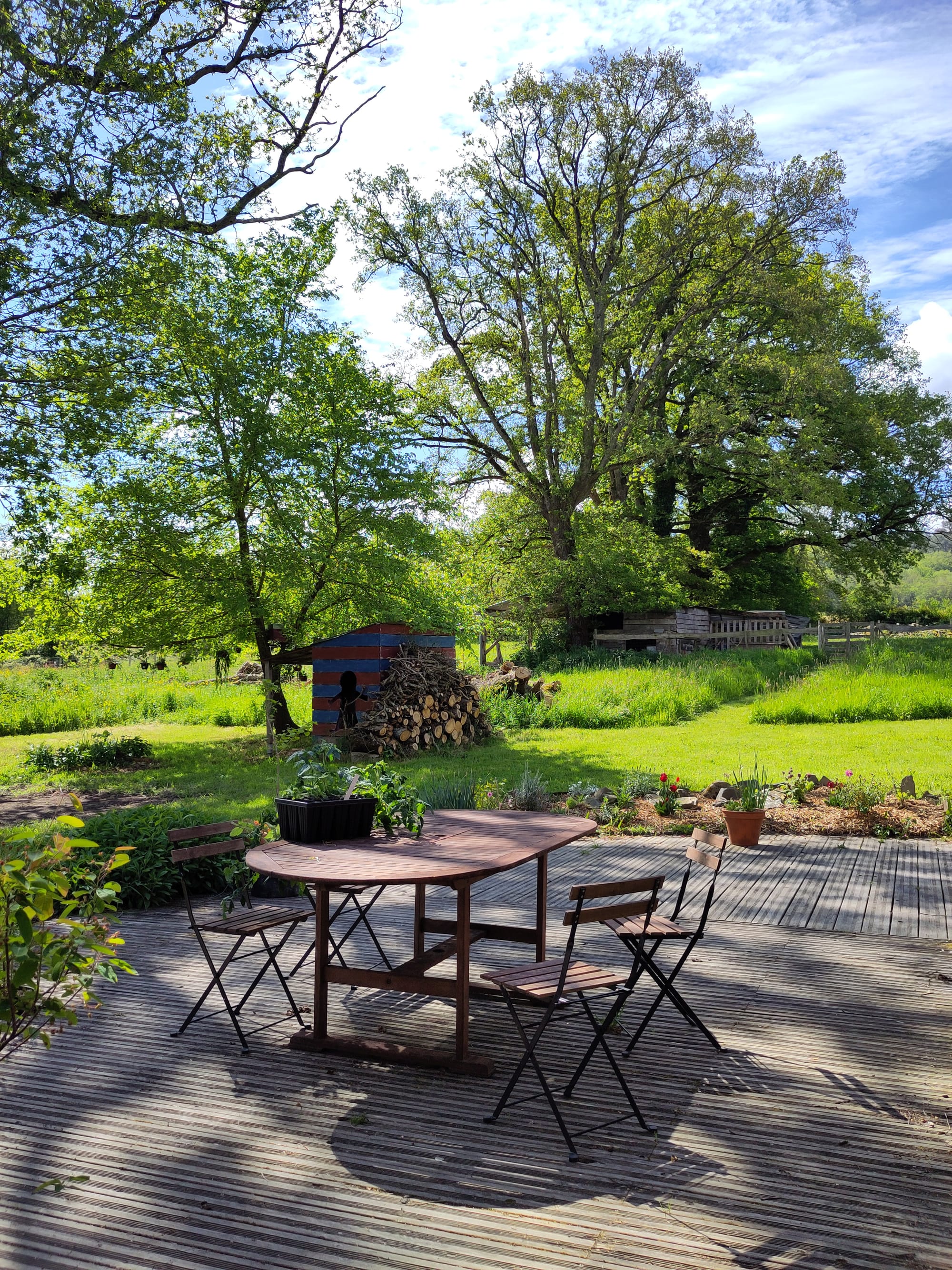
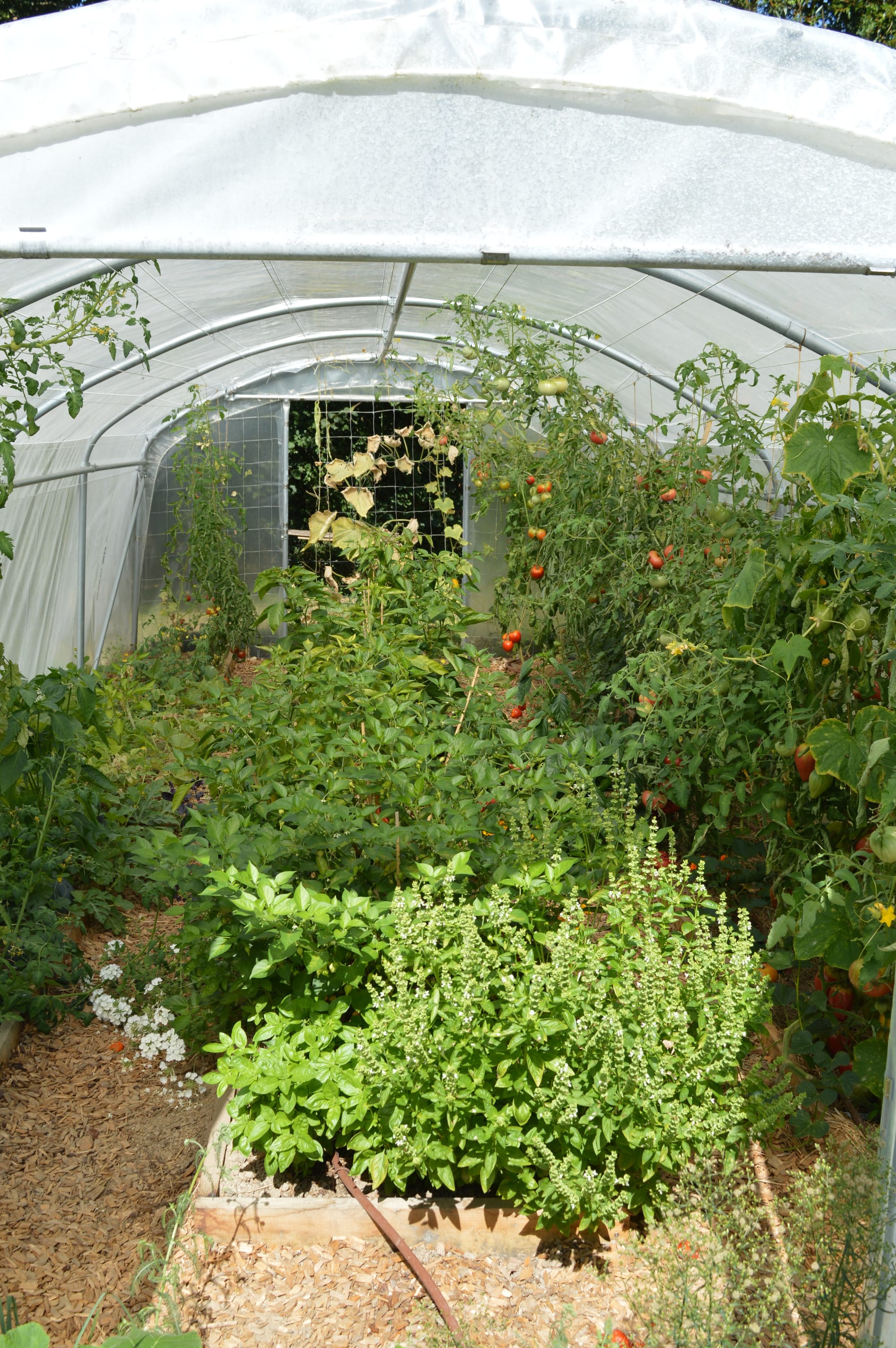

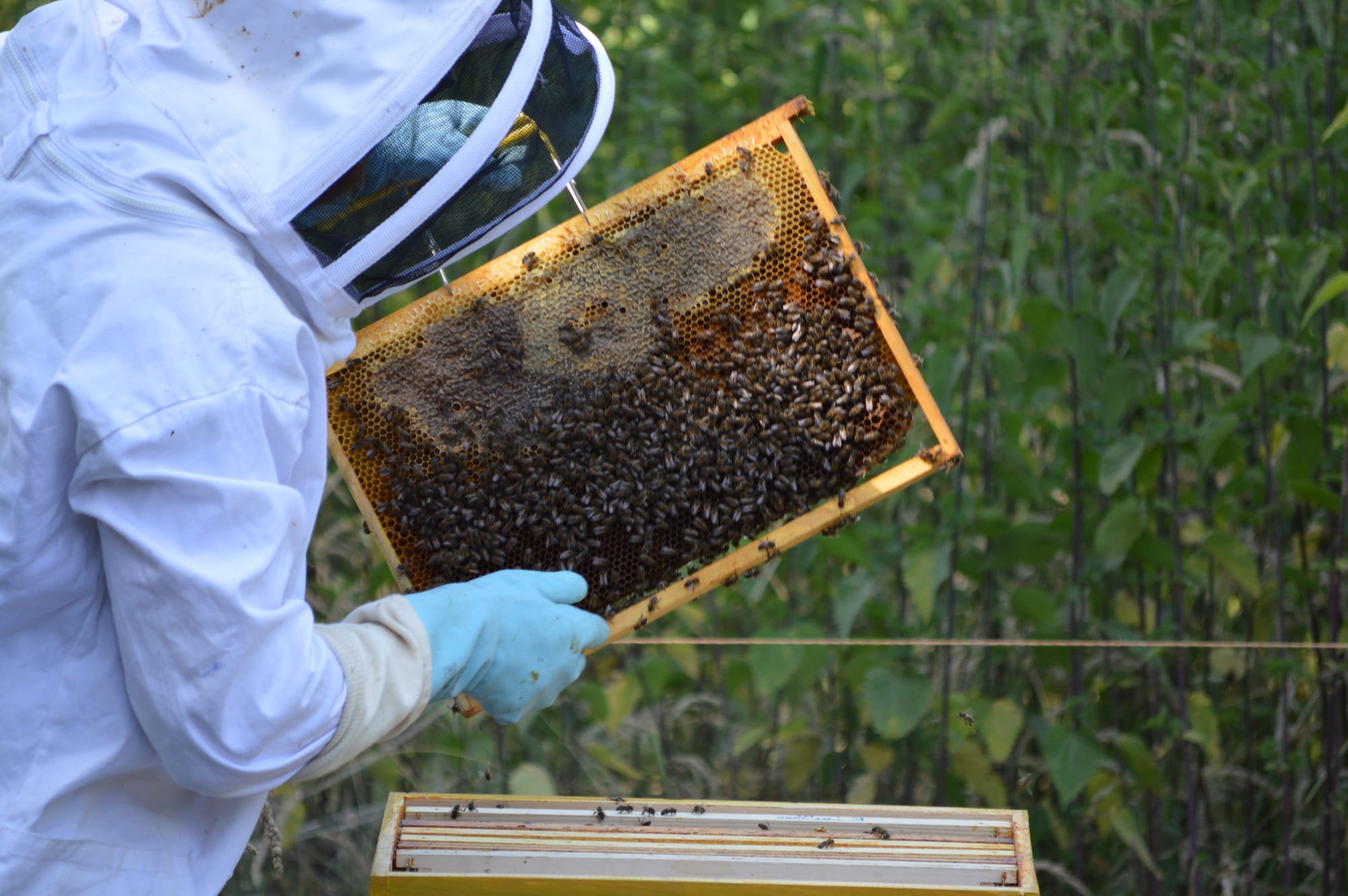
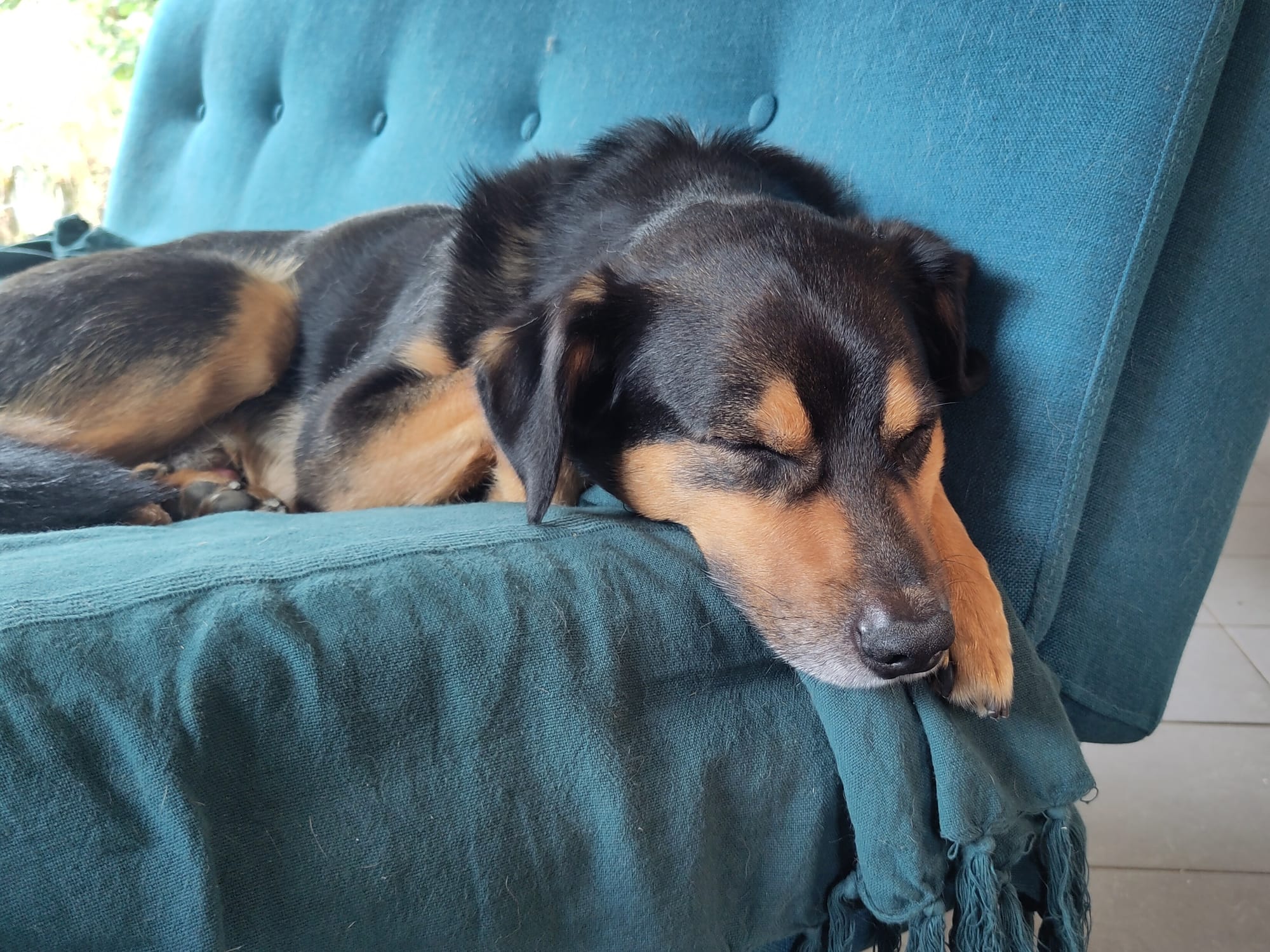
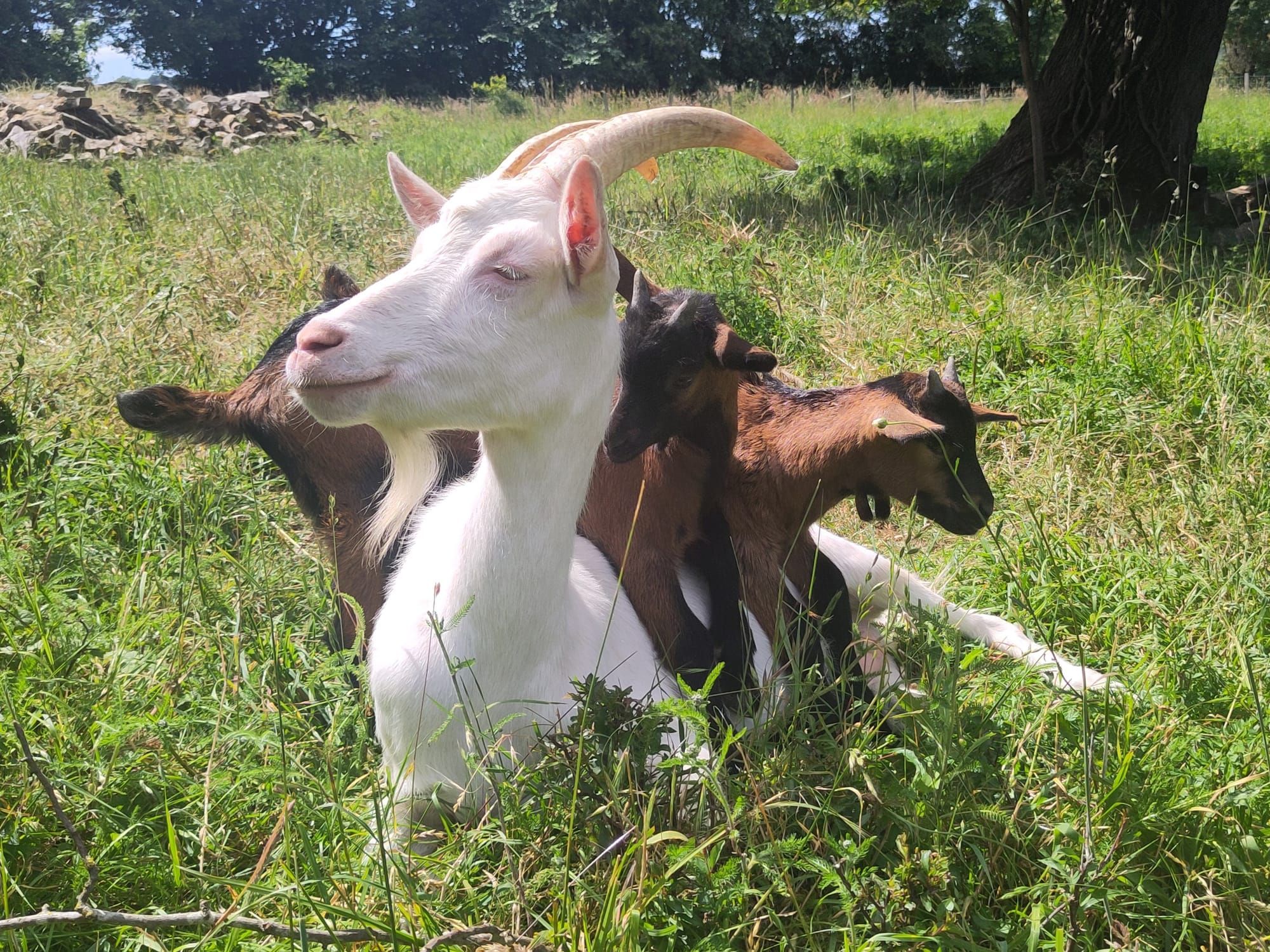
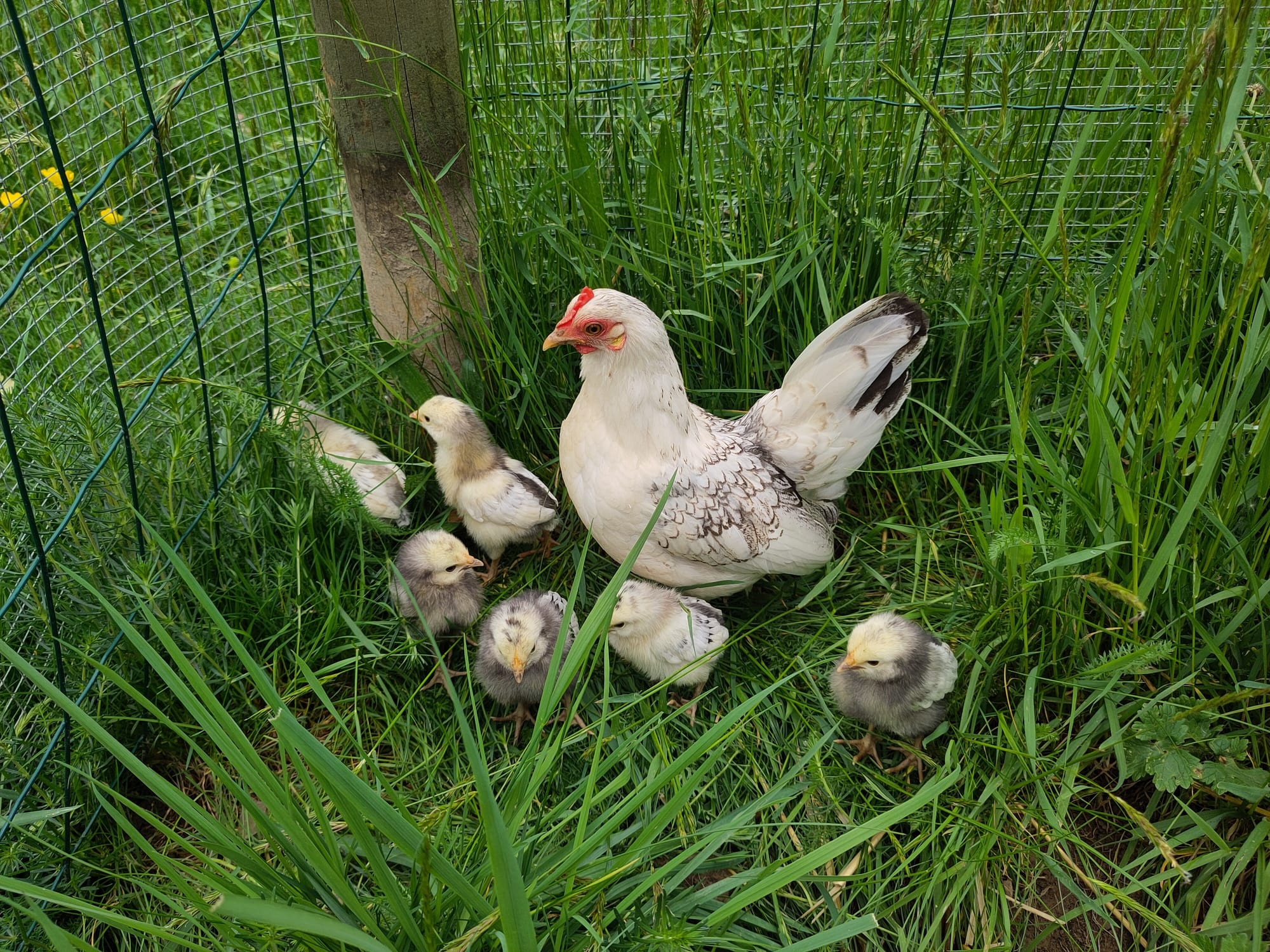
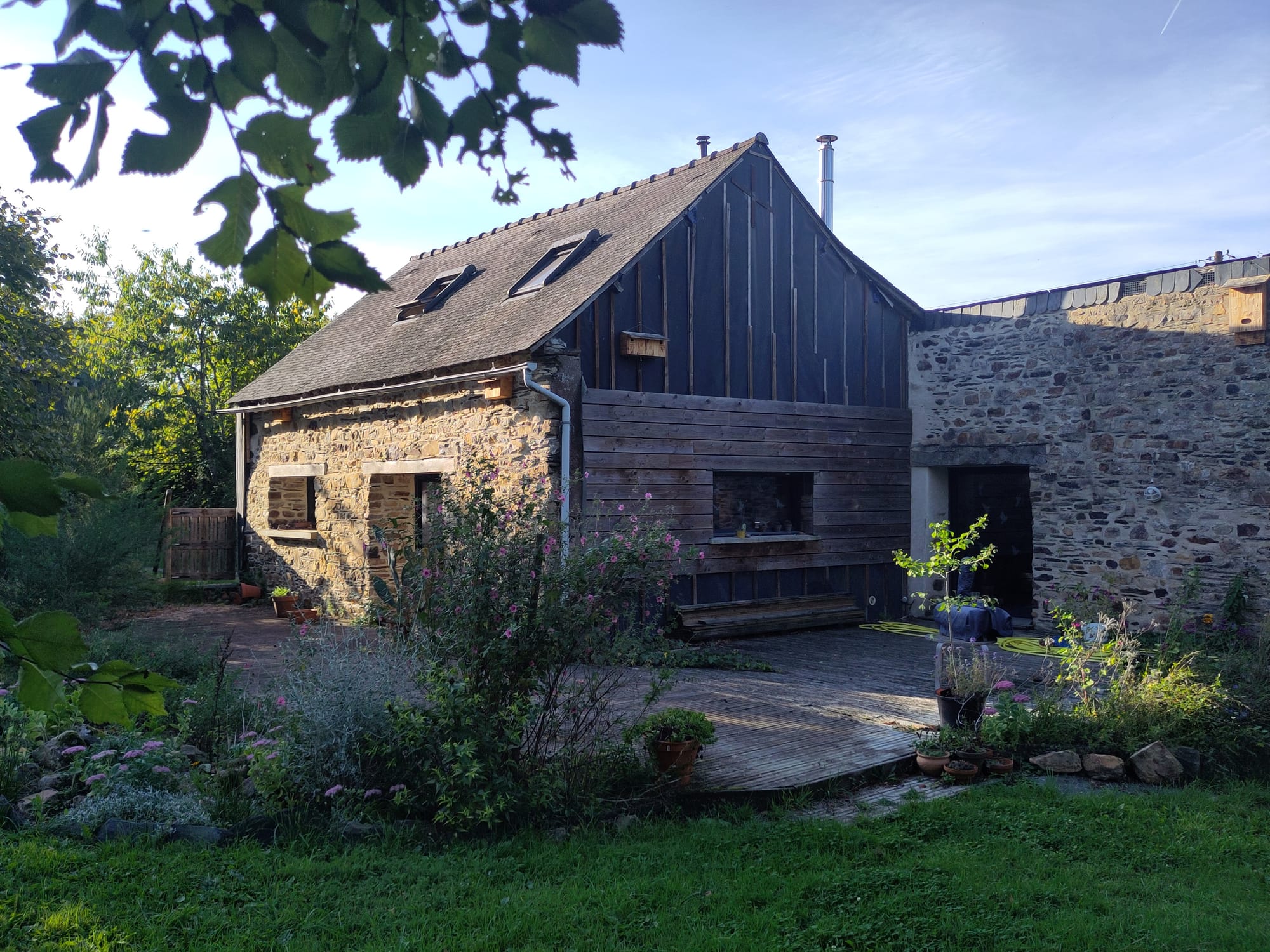
a peek into our paradise
...in a world facing an uncertain future!
Yet, the relentless hunger of the capitalist system we're part of merely intensifies my daily existential query: 'what's it all for?'
Between some inconsistencies of my present work (and probably yours too, assuming you're in the corporate world), the future threats of climate change, and the powerful's refusal to acknowledge reality, I'm experiencing a heavy mental load and deep apprehension for the future. That brings to my mind Denis Villeneuve's excellent short film, which is already seven years old:
Nevertheless, I hold Tristan in high regard, to give an example. Ever since he was a child, he's been captivated by nature's flora and fauna. His hands are frequently stained with soil, and his joints are tired from the repetitive tasks of his permaculture job. Yet, every morning, he delights in meeting up with his team to care for the plants at Nantes' municipal greenhouses. Passion is what sustains his resolve to overcome daily obstacles; without it, why bother? And I draw endless inspiration from him.
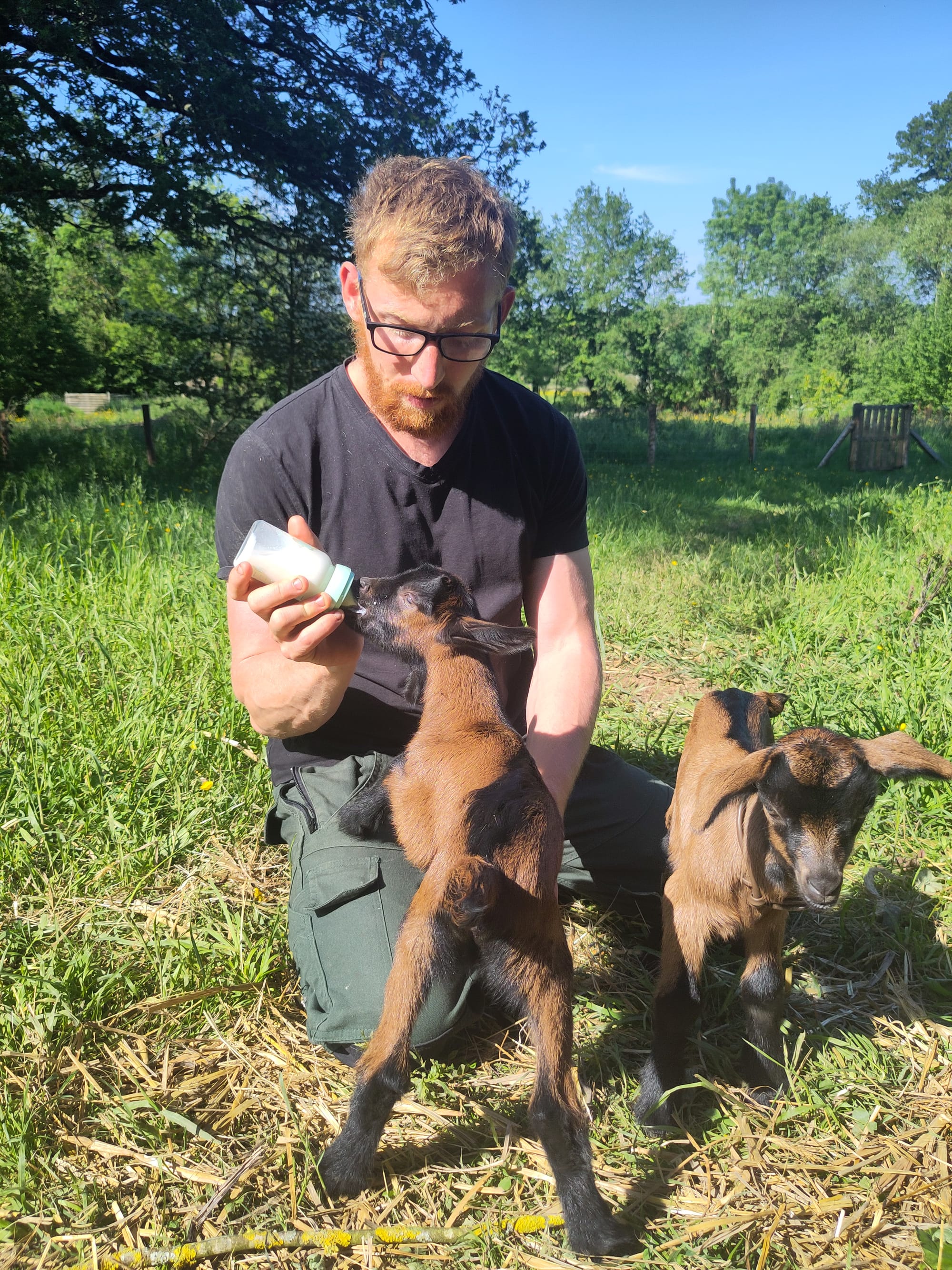
We both subscribe to a philosophy of 'self-reliance & frugality,' and I believe that's what sustains me. Given that we divide our week into two parts: four days a week we work for our employers, and the remaining three days we work for ourselves.
While not an objective in itself, we both believe that breaking free from traditional employment would enable us to live off our work in a manner more deeply aligned with our autonomous vision. For my part, it would allow me to once again make a living from my passion, just like Tristan does today, even as a salaried employee. I'd have a position with tasks that better align with what I love about IT, which is using open-source tools to create cultural or social softwares. In the meantime, it's important to us to do our best within our respective teams to try and meet the goals set by our employers, while keeping in mind that we are working with other human beings who also have their own stories, experiences, and daily struggles.
As adaptability is our strongest tool for securing our revenue, Tristan and I are enrolling in courses relevant to our professions. For our three days and during holidays, we allocate our time between farm duties and absorbing new knowledge—Tristan learning novel cultivation practices, and I delving into fresh IT concepts.
If we're truly empathetic in our professional lives, then naturally we also care deeply about participating in our neighborhood's local life and being with our nearest and dearest. We advocate for our vision and lifestyle among the most curious and open-minded, all while recognizing our shared good fortune in having succeeded.
We aim to grow much of our own food, integrating ourselves into the natural life cycle. What we can't grow ourselves, we purchase as raw, organic, local, seasonal produce, which we then prepare at home. On top of that, we're currently preparing to recycle as much rainwater as we can, especially since we've already put in composting toilets instead of traditional ones at home. The final step is getting solar panels to make our own power.
Since we're only here on Earth for a brief period, it's crucial that we cease contributing to waste production by advocating for Sarah Lazarovic's 'Buyerarchy of Needs': our approach to material goods is to first repair and reuse what we already possess. If that's not an option, we turn to borrowing and exchanging within our circle. After that, we look for second-hand items, and only as a very last resort do we purchase anything new.

Finally, we do not shy away from exercising our right to strike, just as we do our right to vote, nor from supporting impactful projects. As citizens, we aim to be as involved as possible in constructing the present, while holding onto the dream of a better future. We recognize our current good fortune and the comfortable lives we lead. We would be prepared to engage in acts of civil disobedience if we perceived our rights to be under threat from a government that disregarded all other conventional actions we had pursued.
Final words
And maybe that's our answer to "what's it all for?": if it's not only to take care of those around us, it's also perhaps to take part, on our own scale, in the cycle of life, by taking only what we need while leaving behind enough for the next ones to enjoy a life at least as good as our own.
― Rabindranath Tagore
